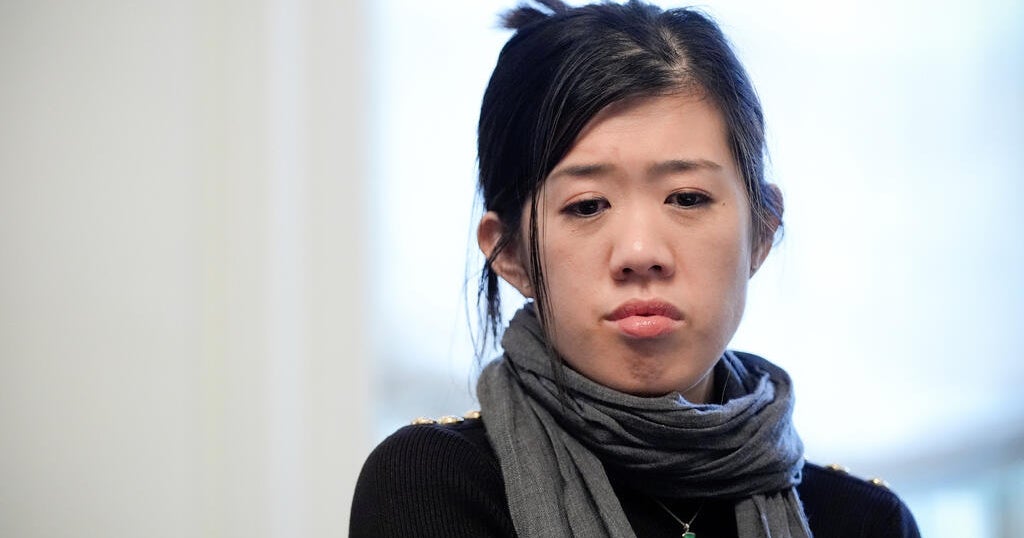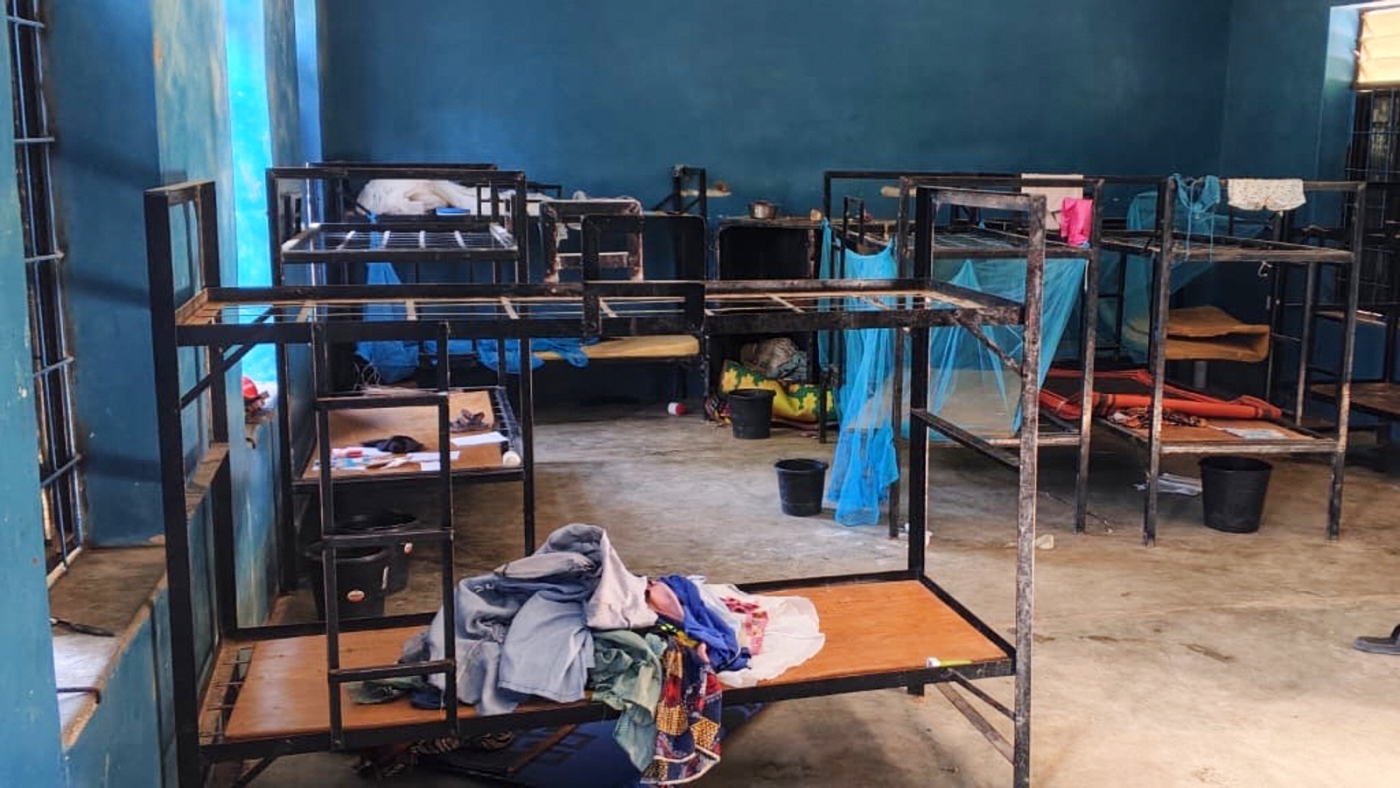Cecile Kohler, 41, and her partner, Jacques Paris, 72, had been jailed on charges of spying for France and Israel.
Published On 5 Nov 2025
Iran has released two French nationals imprisoned for more than three years on spying charges their families rejected, French President Emmanuel Macron has said, though it remains uncertain when they would be allowed to return home.
Expressing “immense relief”, Macron said on X on Wednesday that Cecile Kohler, 41, and her partner Jacques Paris, 72 – the last French citizens officially known to be held in Iran – had been released from Evin prison in northern Tehran and were on their way to the French embassy.
Recommended Stories
list of 3 items- list 1 of 3Iran executes man it says spied for Israel, activists say false confession
- list 2 of 3‘Feels like heaven’: Iranians return to Tehran, uncertain of future
- list 3 of 3Iran considers nuclear inspection access, urges action against Israel
He welcomed this “first step” and said talks were under way to ensure their return to France as “quickly as possible”.
The pair were arrested in May 2022 while visiting Iran. France had denounced their detention as “unjustified and unfounded”, while their families say the trip had been purely touristic in nature.
Both teachers, although Paris is retired, were among a number of Europeans caught up in what activists and some Western governments, including France, describe as a deliberate strategy of “hostage-taking” by Iran to extract concessions from the West.
Iranian Ministry of Foreign Affairs spokesman Esmaeil Baghaei said they had been granted “conditional release” on bail by the judge in charge of the case and “will be placed under surveillance until the next stage of the judicial proceedings”.
French Foreign Minister Jean-Noel Barrot told France 2 TV they were in “good health” at the French ambassador’s residence but declined to give details on when they would be allowed to leave Iran.
Their Paris-based legal team told the AFP news agency in a statement that the release had “ended their arbitrary detention which lasted 1,277 days”.
The release comes at a time of acute sensitivity in dealings between Tehran and the West in the wake of the US-Israel 12-day war in June against Iran and the reimposition of United Nations sanctions in the standoff over the Iranian nuclear programme, which the country insists is purely for civilian purposes.
Some Iranians are concerned that Israel will use the sanctions, which are already causing further economic duress in the country, as an excuse to attack again, as it used the resolution issued by the global nuclear watchdog in June as a pretext for a war that was cheered by Israeli officials and the public alike.
The French pair’s sentences on charges of spying for France and Israel, issued last month after a closed-door trial, amounted to 17 years in prison for Paris and 20 years for Kohler.
Concern grew over their health after they were moved from Evin following an Israeli attack on the prison during the June war.
Kohler was shown in October 2022 on Iranian television in what activists described as a “forced confession”, a practice relatively common for detainees in Iran, which rights groups say is equivalent to torture.
Her parents, Pascal and Mireille, told AFP in a statement that they felt “immense relief” that the pair were now in a “little corner of France”, even if “all we know for now is that they are out of prison”.
France had filed a case with the International Court of Justice (ICJ) over their detention, saying they were held under a policy that “targets French nationals travelling in or visiting Iran”.
But in September, the ICJ suddenly dropped the case at France’s request, prompting speculation that closed-door talks were under way between the two countries for their release.
Iran has said the duo could be freed as part of a swap deal with France, which would also see the release of Iranian Mahdieh Esfandiari.
Esfandiari was arrested in France in February on charges of promoting “terrorism” on social media, according to French authorities.
Scheduled to go on trial in Paris from January 13, she was released on bail last month in a move welcomed by Tehran.
Barrot declined to comment when asked by France 2 if there had been a deal with Tehran.
Among the Europeans still jailed by Iran is Swedish-Iranian academic Ahmadreza Djalali, who was sentenced to death in 2017 on espionage charges his family vehemently rejects.

 1 month ago
17
1 month ago
17










 English (US) ·
English (US) ·